ETHICS, MORALITY, two words that, to some people, mean the same thing and to others not quite, while to everyone they may even appear quite challenging. It is intriguing that Ethics in Greece was translated as Morality in Rome. To my mind, it might be splitting hairs, but ethics links with behaviour while morality is to do with one’s deepest values. Russian President Putin’s behaviour in invading a sovereign foreign country is distinctly unethical just as killing innocent civilians or human trafficking. The morality behind these actions is a right to life with many associated rights e.g. to life, to shelter, to food, to a family. Unethical behaviour deprives persons of those rights.
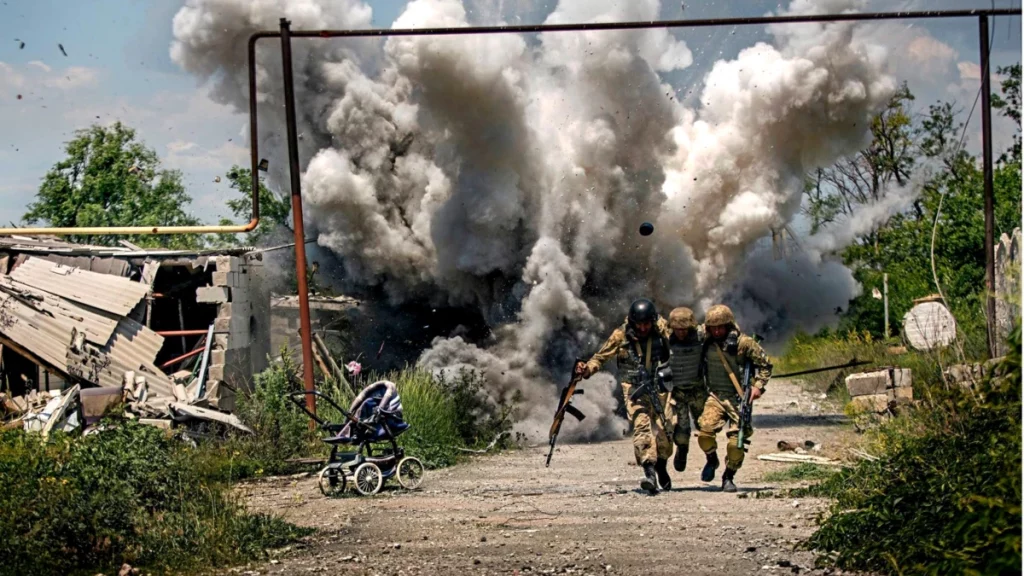
But do we think too of the other elements of creation affected by such wholesale destruction? Animals, from pets to domestic and wild animals are suffering bitterly. They also have a right to life and to a certain quality of life. All of nature has a right to exist as have so many other things of beauty, buildings, museums, art works. Whatever makes us stand in wonder and awe has value in God’s eyes. But what about things that are ugly and broken, defaced or having no apparent beauty? Pope Francis speaks beautifully of “universal communion” where every single creature has value, has its rightful place and is loved by God. In other words every single thing has a right to exist and, as the “super-creatures” of creation, we human beings have a responsibility to treat them with respect.
Whether we are thinking of ethics or morality, of rights and responsibilities the motivation behind our actions is important. Sometimes we do what is right for purely selfish reasons, for personal gain, self-satisfaction or reward or even fear of punishment. Maybe we do act out of care and concern or just do so unthinking but because we are told it is a right or a responsibility and a good thing to do.
Lent is our time for doing that which is right, which is loving, and caring and what is responsible, for or to ,others. We human beings with the gift of intelligence and free will can make choices, whereas other elements of creation generally do not have that luxury, being more or less pre-programmed to act as they do.
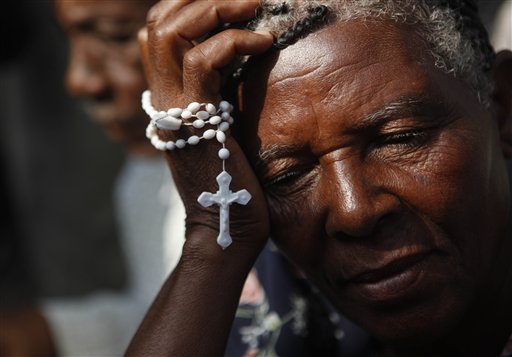
In examining one’s conscience, thinking of what we have done or have failed to do, it helps to have some guidelines. For MARFAM’s suggested Acts of Love and Sacrifice, see www.marfam.org.za/lent) and THOUGHTS FOR THE DAY, also on the website, if performed with a positive motivation they are stepping stones on the journey. The way we behave in our families is one area to consider, but also very important is applying these considerations to the rest of our lives, men and women in business and industry, youth and children in school and college, treating others and interacting fairly with no discrimination.
Pope Francis, on Lenten acts, suggests positive choices too when he writes, “never grow tired of doing good.” He also recommends Confession where the Ten Commandments are one common resource often used as a an approach to self-assessment. The Laudato Si Action Platform and its 7 goals are similarly loving ways to do good. Go to www.laudatosiactionplatform.org
The Moral Regeneration Movement’s Charter of Positive Values (2008) provides another useful guide. www.mrm.org.za

In brief: CHARTER OF POSITIVE VALUES. 1. Respect human dignity and equality. 2. Promote responsible freedom, the rule of law and democracy. 3. Improve material well-being and economic justice. 4. Enhance sound family and community values. 5. Uphold hohesty, integrity and loyalty. 6. Ensure harmony in culture, belief and conscience. 7. Show respect and concern for all people. 8. Strive for justice, fairness and peaceful co-existence. 9. Protect the environment.
When reflecting on attitudes and behaviour towards others and/or planning a Family Reconciliation Service these values can be a guide, for personal reflection but also for dialogue, sharing and discussion and so further promote the sense of universal communion. it is so often said when speaking of ecological justice: “For the sake of our children and grandchildren.” That is fine but, I believe almost more essential and immediate, we do good “for God” and God’s creation, for God’s glory, honour and gratitude for the many gifts we so easily take for granted. Even God does have rights and we his creatures are expected to take responsibility and seriously so. TR Family Weekly 9 March 2022
“To care is to share and to share is to care.”


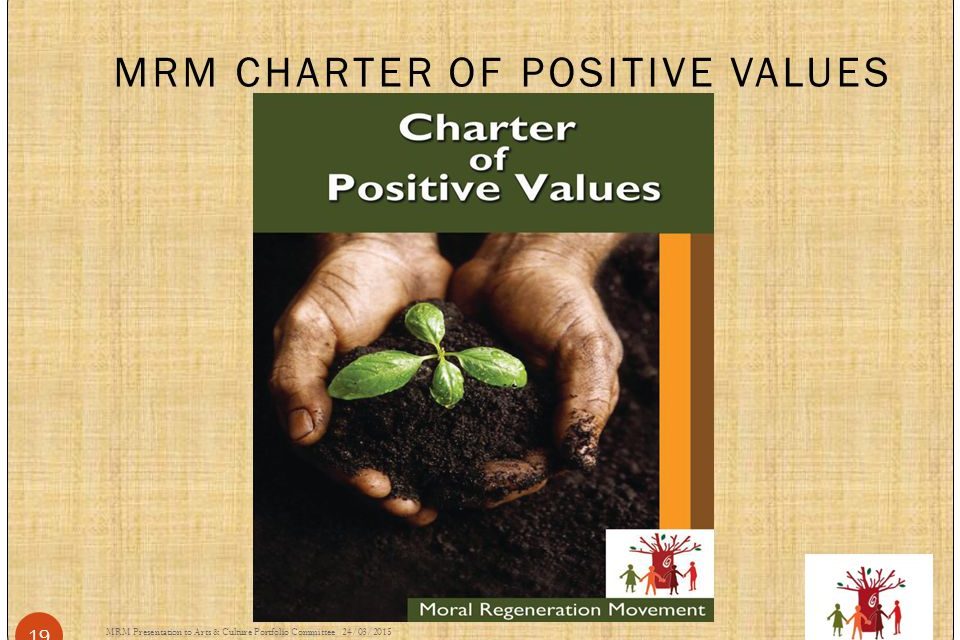

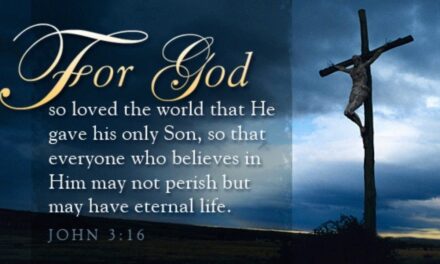
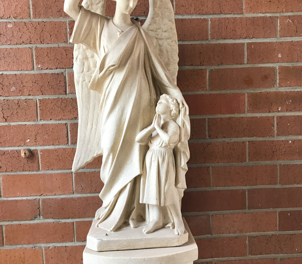
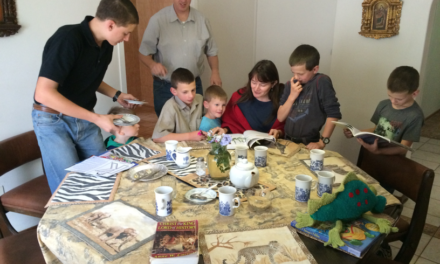
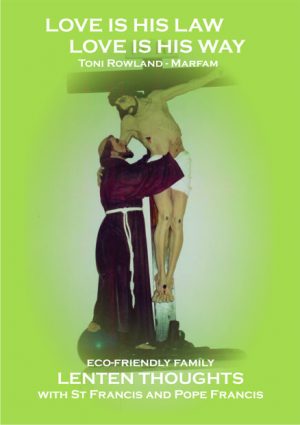
Recent Comments